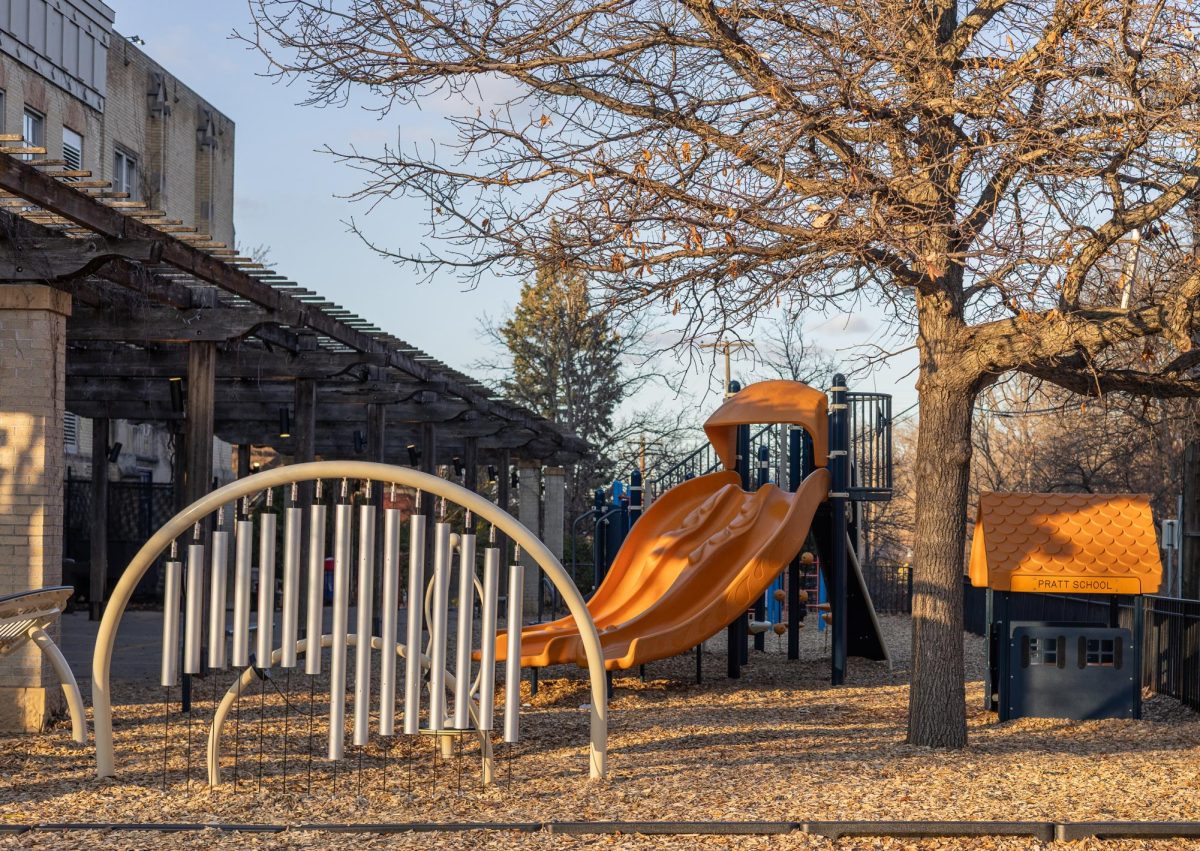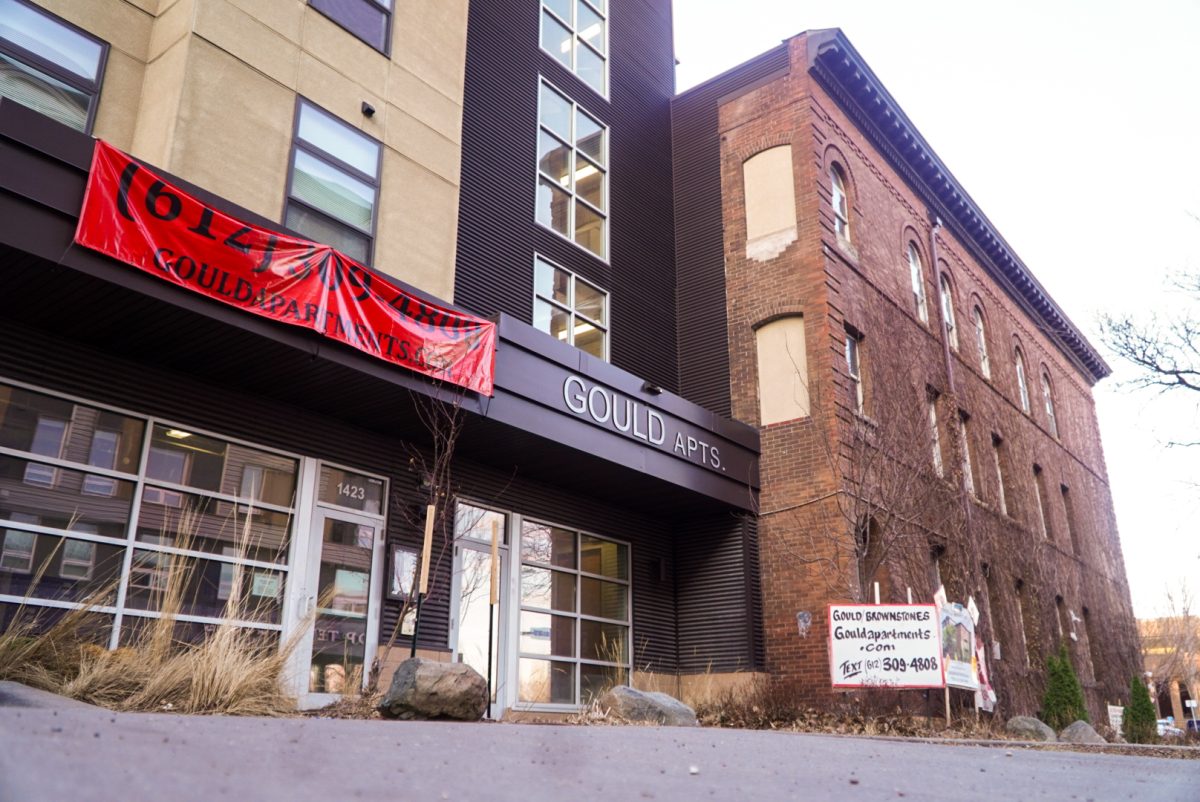A legislative audit published on July 26 raised concerns over how public officials use TCF Bank Stadium and five other publicly owned Twin Cities sports facilities.
The report found inconsistencies in public officials’ use of the facilities and listed recommendations, citing opportunities for the facilities to “operate with greater consistency, transparency or fulfillment of public purposes.”
State legislators asked for the audit of the six facilities after a February 2017 review of US Bank Stadium suites. The February report said that free suite tickets given to public officials’ friends, family members and other non-marketing people “violated a core ethical principle.”
Regarding TCF Bank Stadium, the July 26 audit reviewed how the University of Minnesota’s President and Regents provide free access for friends and family to a suite.
State, county or city money paid for $137 million of TCF Bank Stadium’s total $289 million cost, according to the audit.
TCF Bank Stadium is different from the other facilities because both its owner and the team that uses it are publicly owned, said Joel Alter, director of special reviews with the Office of the Legislative Auditor.
The audit recommended the University consider adopting a policy that is more restrictive of free tickets for friends and family.
“I do think the University has latitude to manage its own facility,” Alter said, adding there isn’t an issue with having a suite for the president, regents and guests of the University.
However, Alter said once this privilege is extended to friends and family members of public officials who oversee the University, that’s where potential violations can occur.
“You’re beginning to provide some things of value to people that others … don’t have access to in the same way … I think the public is a little leery of that,” he said.
Regent Darrin Rosha said it’s fair for the public to question these kinds of practices, but he said as someone who has been a public citizen longer than a board member, he doesn’t see it as objectionable.
The audit also pointed out how governing board members attending events together at any facility has the potential to violate the state’s Open Meeting Law, which requires that meetings of governmental bodies be open to ensure the public is informed.
The report proposes that Regents make a policy prohibiting members from discussing official business when present at sports facilities.
Brian Steeves, the Board of Regents’ executive director and corporate secretary, said in a letter responding to the report that the Minnesota Open Meeting Law is already adopted in the board’s policy.
According to the audit, the President and Regents’ suite can be used by the University as a forum to host strategic invitees, like financial donors, elected officials and community leaders. The University also allows invitees to bring family and friends.
“Informal gatherings like attending a Gophers game or other neighborhood events are a way for me and other community leaders to connect with President Kaler and the Regents and discuss the current issues facing the U and Southeast Minneapolis,” said Sen. Kari Dziedzic, DFL-Minneapolis in an emailed statement.
According to her office, Dziedic attended a game in 2016 with a guest and did not reimburse for the ticket.
While the audit points out the use of the suite does not violate any state laws, it said that when public officials and employees use their public positions to obtain benefits not generally available to the public, it is a “violation of core ethical principal.”
The audit also recommended the legislature to consider barring the sporting facilities, including TCF Bank Stadium, from charging fees and rent to the Minnesota State High School League during tournaments at the facilities.
Steeves’ letter responding to the audit said “asking any public institution to provide services at no cost simply shifts those costs elsewhere. The University operates the stadium on a cost recovery basis, so the hard costs associated with any event … are recovered through the fees we charge.”
Rep. Sarah Anderson, R-Plymouth, who requested the audit, said in an email that there will be a hearing to talk about and take action on the audit’s findings when the legislature reconvenes in February.







